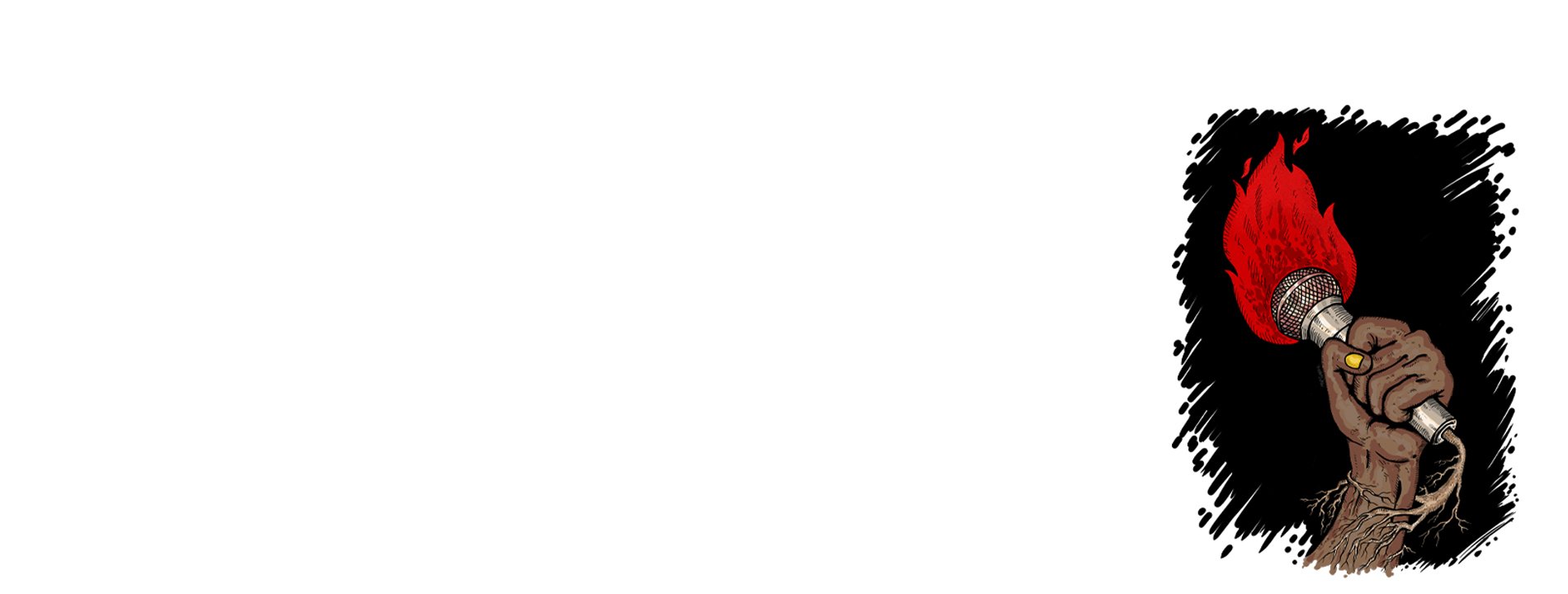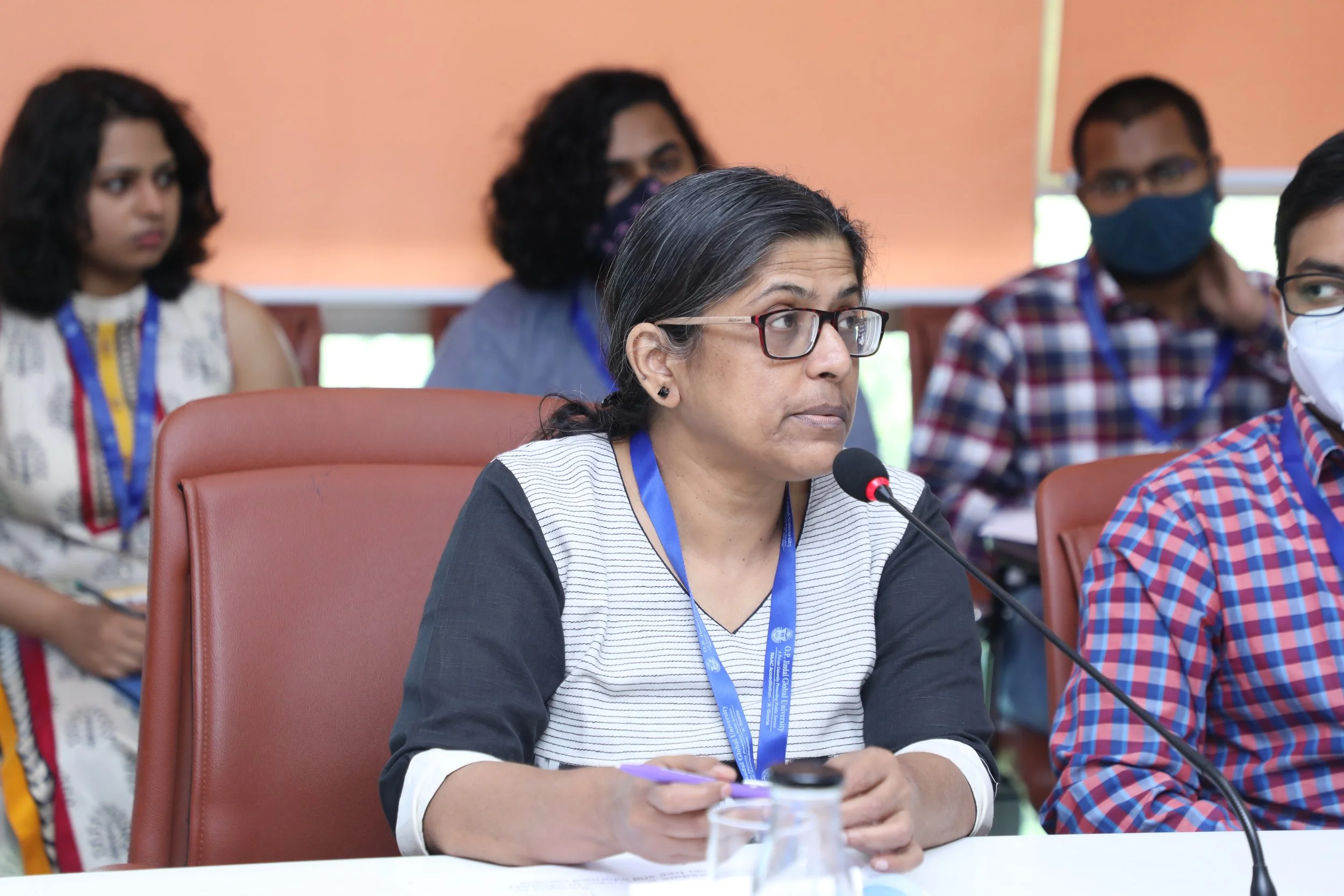
Centre for Justice, Law and Society (CJLS)
The Centre for Justice, Law and Society (CJLS) is a queer intersectional feminist research centre in Jindal Global Law School (JGLS) that critically engages with contemporary issues at the intersection of law, justice, society and marginalisation in South Asia. It is a collaborative endeavour of scholars, activists and students engaged in high quality empirical and theoretical research. CJLS foregrounds the question of justice, especially intersectional justice, in law and society studies, to respond to the changing relationship between law and society and inaugurates a distinct terrain of research that is not mimetic of Western mainstream paradigms of law and society studies or studies that do not focus on justice as a central theme.
Its approach combines research and education with activism and advocacy and recognises the importance of interdisciplinary critical engagement with the law. CJLS has created spaces through pedagogical and community led interventions, including doctrinal courses, clinical courses, workshops, and collaborative deliberations, that facilitate critical dialogue and reflections to develop an inclusive and intersectional framework for advocacy and research. CJLS has also crafted judicial, legislative and policy interventions and facilitated consultations with grassroots social movements designed to address punitive laws, regressive policies that de-centre those most affected, and access to justice for marginalised groups.
Ongoing Projects

Disha Wadekar
Practicing Lawyer at the Supreme Court of India; Co-founder, CEDE
“CJLS has been collaborating with many organisations and believes in institutional partnerships on issues concerning the marginalised. With its institutional support and credibility, I see CJLS gradually transform into a 'social justice clinic', providing legal representation to marginalised communities alongside its research and advocacy work. I also see CJLS becoming a leader in foregrounding marginalised perspectives in the law. It can lead the way in bringing agency and participation of the marginalised on their issues.”
Shampa Sengupta
Director, Sruti Disability Rights Centre
“CJLS does meaningful advocacy particularly with the political representatives - this is very helpful for impacting institutional changes. Since they work along with different marginalised groups, I think they can play an important role in bringing the marginalised voice in the legal work. I hope to see them as a leader in bringing different marginalised groups together - as they are located within academic space, they have the advantage of getting both academic and field level inputs - this can make their work very strong.”
Social Media
We take immense pleasure in welcoming Nikita as the Law and Justice Scholar at @CJLSJGU, @JindalGlobalUNI! @glorious_gluten will be teaching an elective course on "Policing, Caste & Carcerality in India."
— Centre for Justice, Law and Society (CJLS) (@CJLSJGU) June 19, 2023
Nikita is a legal researcher, advocate & co-founder of @CPAProjectIndia. pic.twitter.com/YkpWuhzNVg




















